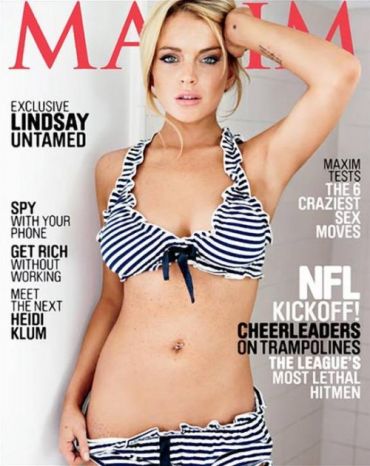 | « Back to article | Print this article |
A woman's guide to age-proofing her health
Ladies, here's how to preserve your health from your 20s to your 60s and beyond.
University of Texas MD Anderson Cancer Center researchers have said that to age-proof her health, a woman must set health goals for every stage of life.
"So take note of all of these tips -- even the ones directed toward women older or younger than you," said Therese Bevers.
Your 20s: avoid tanning and HPV
Say goodbye to tanning salons because they significantly ups a woman's odds of getting melanoma (the deadliest form of skin cancer), according to research.
Reduce exposure to HPV -- the human papilloma virus -- the most common among young women in their late teens and early 20s. Limit the number of sexual partners, consistently practice protected sex and get the HPV vaccine if you are younger than age 26.
Your 30s: Add weights and relaxation time
Most women begin to lose muscle mass after age 30 and exercising prevents muscle loss, builds bone density and also increases the rate at which the body burns calories.
Relax more. Curb stress by doing breathing exercises and other relaxation-type activities.
Your 40s: Stick to a healthy diet and exercise
With age, a woman's metabolism goes down, so she becomes more prone to putting on weight.
Making healthy food choices and staying active every day can help jumpstart the body's metabolism and keep off unwanted pounds.
Your 50s: Seek healthy hormone options
Taking hormones can increase a woman's chances of developing uterine cancer, breast cancer, heart disease, blood clots and stroke.
So consult your doctor to know about healthier options to manage menopausal symptoms.
Your 60s and older: Stay socially active
For many, living alone can lead to loneliness and depression, which can harm a person's overall health, so get involved in communities.
Bevers encourages women who are retired and lack social interaction to find volunteer opportunities in their communities and get involved. It'll keep them active, engaged and sociable.
Get annual check-ups done too.
"Whether you're in your 20s, 40s or 60s, yearly check-ups are a must. With the help of your doctor, you can create a personalised health plan to help you stay healthy for many years to come," Bevers said.




